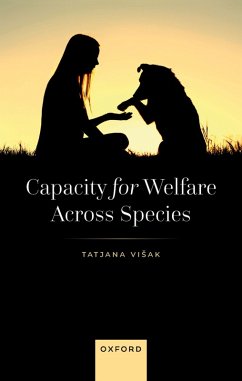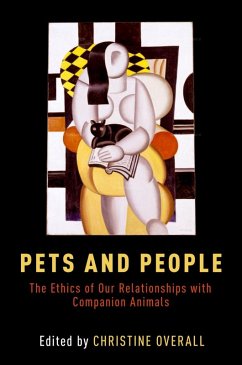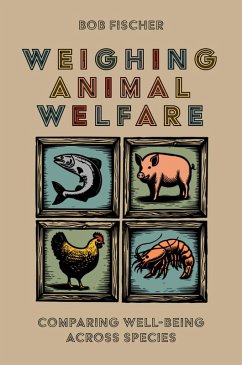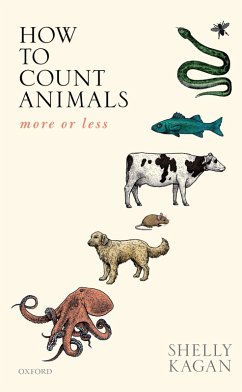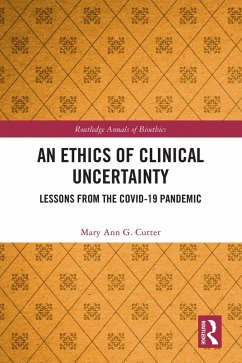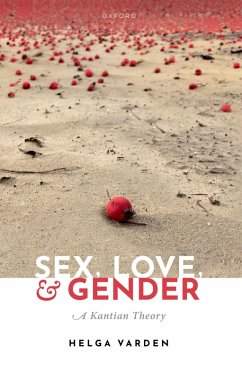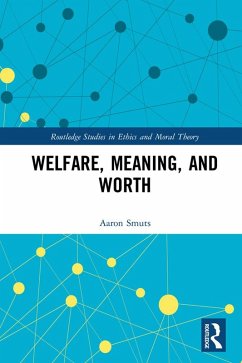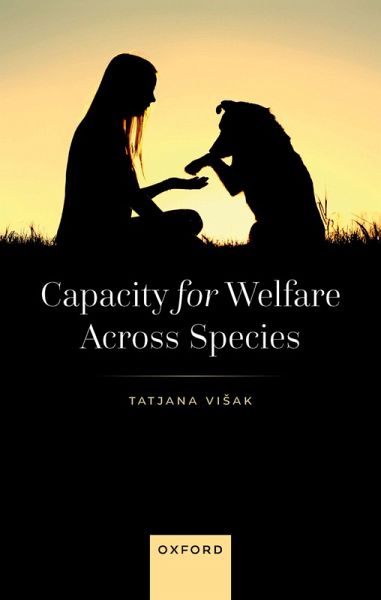
Capacity for Welfare across Species (eBook, ePUB)
Versandkostenfrei!
Sofort per Download lieferbar
34,95 €
inkl. MwSt.
Weitere Ausgaben:

PAYBACK Punkte
17 °P sammeln!
Is my dog, with his joyful and carefree life, better off than I am? Do hens in battery cages have worse lives than cows at pasture? Will my money improve welfare more if I spend it on helping people or if I benefit chickens? How can we assess the harm of climate change for both humans and non-humans? If we want to systematically compare welfare across species, we first need to explore whether welfare subjects of different species have the same or rather a different capacity for welfare. According to what seems to be the dominant philosophical view, welfare subjects with higher cognitive capaci...
Is my dog, with his joyful and carefree life, better off than I am? Do hens in battery cages have worse lives than cows at pasture? Will my money improve welfare more if I spend it on helping people or if I benefit chickens? How can we assess the harm of climate change for both humans and non-humans? If we want to systematically compare welfare across species, we first need to explore whether welfare subjects of different species have the same or rather a different capacity for welfare. According to what seems to be the dominant philosophical view, welfare subjects with higher cognitive capacities have a greater capacity for welfare and are generally much better off than those with lower cognitive capacities. ViSak carefully explores and rejects this view. She argues instead that welfare subjects of different species have the same capacity for welfare despite different cognitive capacities. This book prepares the philosophical ground for comparisons of welfare across species. It will inform and inspire ethicists and animal welfare scientists alike, as well as a broader readership interested in wellbeing, animals, and ethics. Besides different views about capacity for welfare across species, the book discusses animal capacities, moral status, harm of death, whether bringing additional well-off individuals into existence is a good thing, and practical implications of these topics for counting and comparing the welfare of animals of different species.
Dieser Download kann aus rechtlichen Gründen nur mit Rechnungsadresse in A, B, BG, CY, CZ, D, DK, EW, E, FIN, F, GR, HR, H, IRL, I, LT, L, LR, M, NL, PL, P, R, S, SLO, SK ausgeliefert werden.




